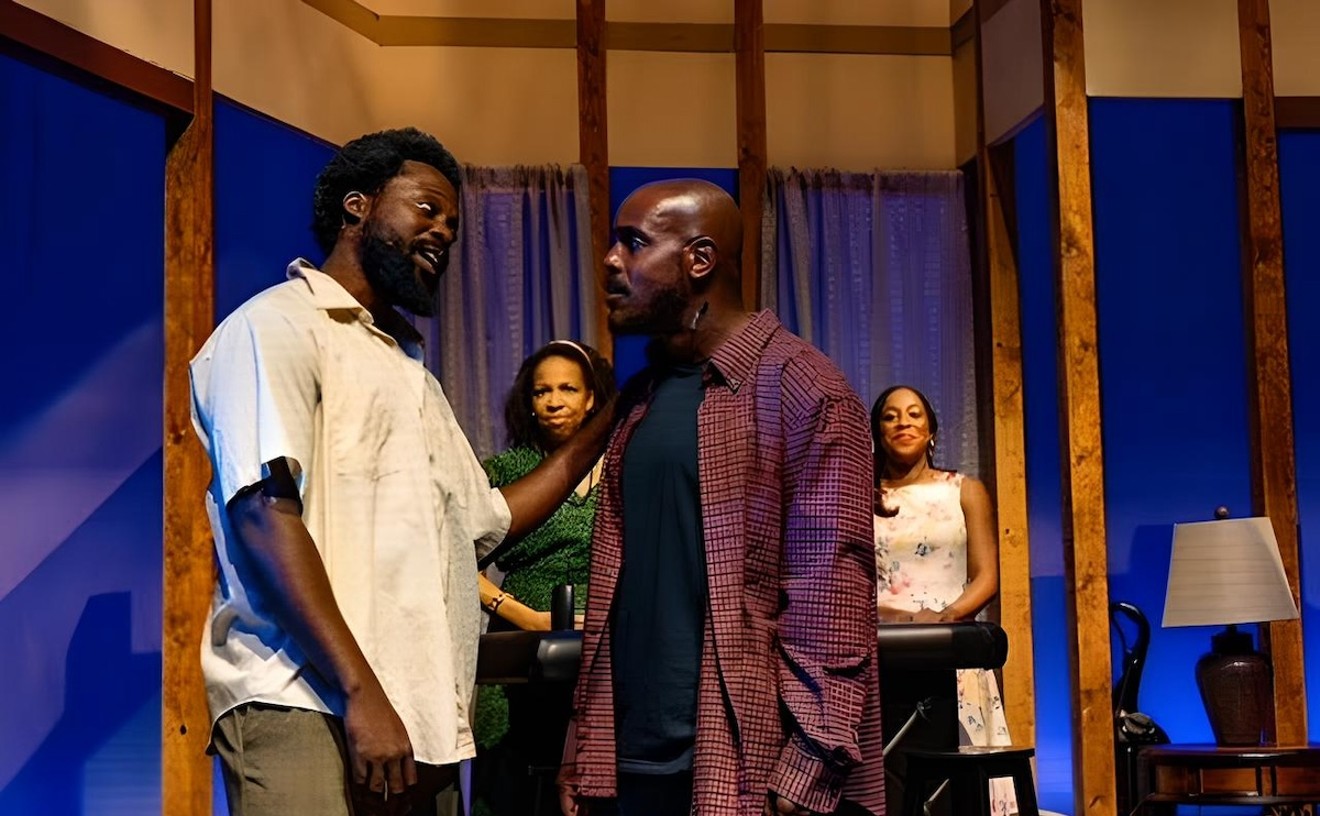"Our efforts are to try to make the connection with those native Yiddish speakers who have grown up and the mamaloshen (mother tongue) was their heart and their love, and with younger people who are missing out on their heritage and who they are," Weintraub notes about the center's mission. Among the many ways they work toward that task: sponsoring regular art shows, lectures, poetry readings, and musical events; offering Yiddish classes; and, most important, translating and publishing the works of famous and lesser-known Yiddish writers.
Five years in the making one grand event the center dreamed up is Creative Defiance and the Holocaust, a multiday commemoration of the artistic efforts of those who lived through and died in the horrors of Nazi-driven genocide. Beginning this Thursday with a talk by noted author and Holocaust expert Yaffa Eliach and continuing with an exhibition displaying the art of resistance and a daylong seminar featuring poetry, music, lectures by distinguished scholars, and a talk by a Holocaust survivor, the happening boasts a non-Yiddish highlight: The Emperor of Atlantis. The one-act opera was written in German by composer Viktor Ullman and librettist Peter Kien while imprisoned in the Nazi's "model" concentration camp of Theresienstadt in Czechoslovakia. Its authors were eventually sent to Auschwitz, where they died, but the opera survived thanks to the composer's best friend, who lived through the experience. It only received its first English performance in 1977 and will be staged by the FIU Music Festival for the first time in South Florida.
Art's ability to nourish people's spirit, to impart comfort and hope for the future is especially important now, which makes this presentation particularly prescient. "It's also a celebration of all the culture that came before, because that 1000-year-old culture didn't die with the Holocaust," Weintraub says about the program. "It continued. It was in our blood. This isn't just a question of resistance but a question of connecting and continuance. We lose so much when we don't look at how important our heritage was."










